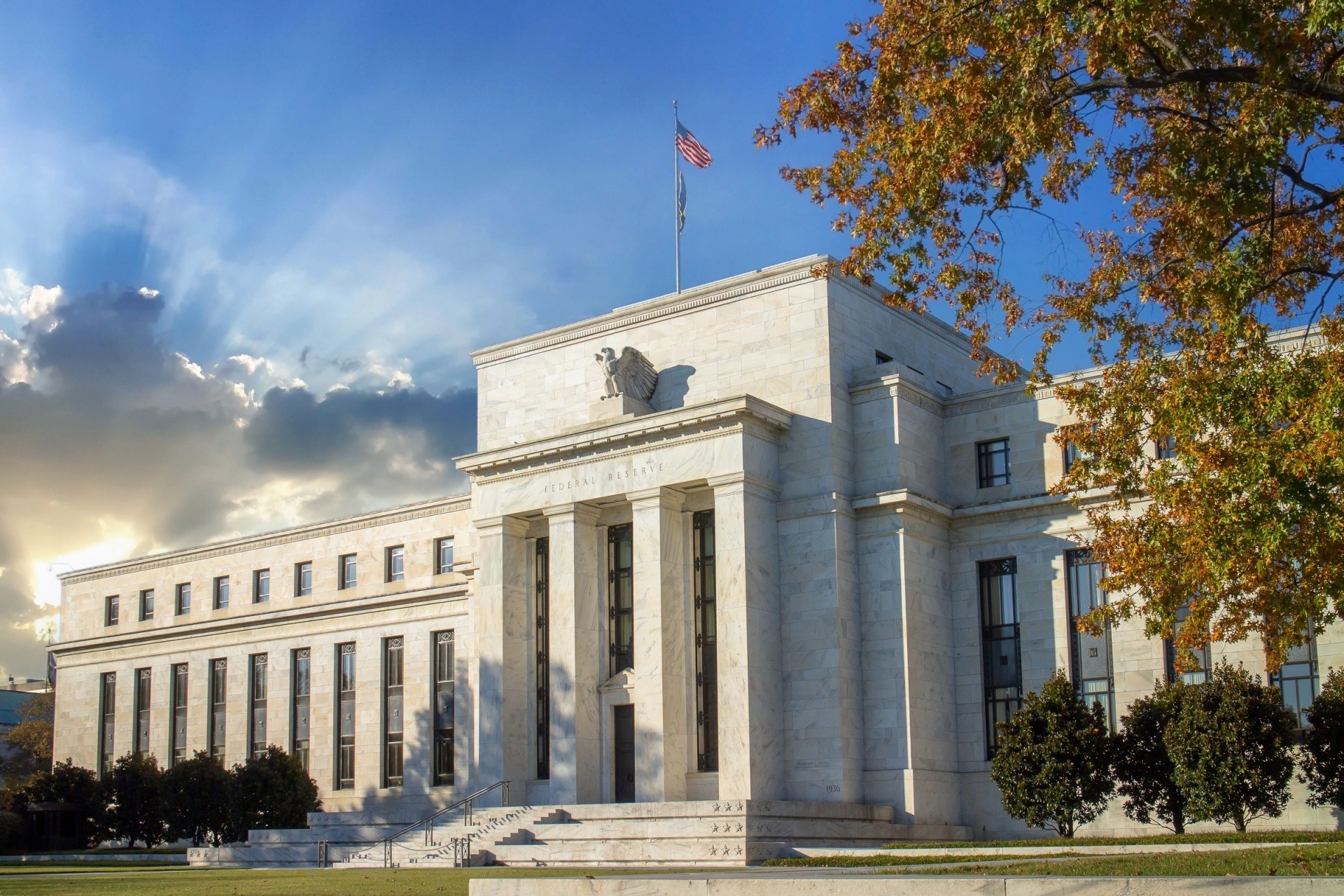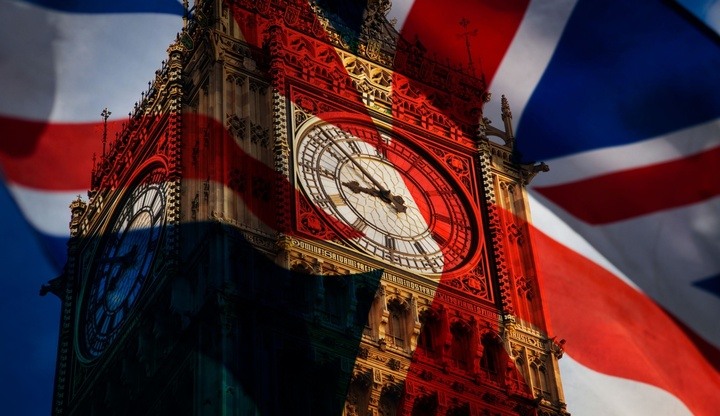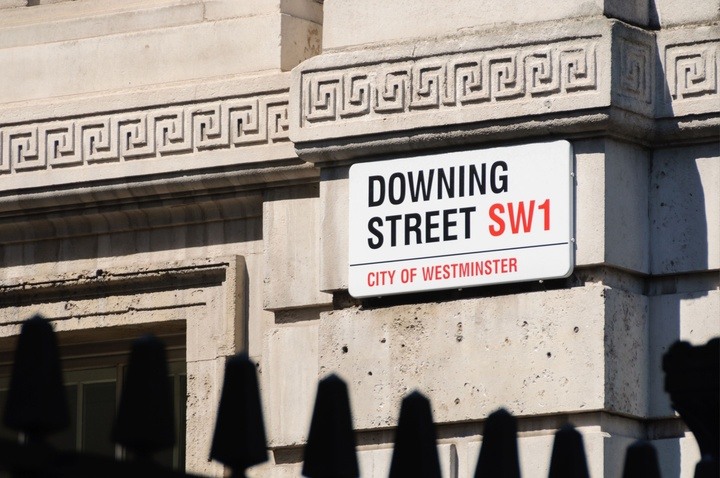Weekly Briefing: UK & US Rate Decisions, Property Prices & Spring Statement Preview
In another varied edition of the GCV weekly briefing, this week’s briefing examines in particular the latest interest rate decisions in both the UK and the US, explores recent movements in house prices, and looks ahead to the upcoming Spring Statement on March 26th.
All of this week’s developing stories are playing their role in reshaping our economic and investing landscape, in one way or another. Read on for a deeper insight.
Rate Decisions
BoE committee decide 8-1 to hold rates until the next meeting
- The Monetary Policy Committee (MPC) is responsible for meeting the Bank of England’s 2% inflation target while supporting sustainable economic growth and employment. It follows a medium-term, forward-looking approach to determine the necessary monetary policy stance.
- In the latest meeting (March 20th), the committee voted 8-1 to maintain interest rates at 4.25%, with one member advocating for a 0.25% reduction.
- At the February meeting, the committee highlighted significant progress in disinflation over the past two years, enabling the BoE to gradually lower rates. Additionally, in January 2025, inflation rose to 3% from 2.5% in December, exceeding expectations.
- However, GDP growth forecasts have been revised downward. With increasing tax pressure, business leaders anticipate that economic conditions will remain challenging.
- Considering these factors, the committee has adopted a more measured approach, carefully monitoring inflation risks while balancing the need for economic growth.
- The next meeting is scheduled for May 8th, where further economic developments will be reviewed. For now, rates are expected to remain unchanged to maintain economic stability. If inflation shows the right indicators, the BoE may consider cautiously lowering rates in the future.
Federal Reserve Holds Interest Rates, Signals Cuts Later in 2025
- Moving to the US Federal Reserve, they too decided to hold its benchmark interest rate (at 4.25%-4.5%), where it has been since December, as policymakers also navigate economic uncertainty and tariff impacts.
- Despite holding steady, the Fed did signal the possibility of two rate cuts by the end of 2025, each likely 0.25 percentage points. Investors reacted positively, pushing the Dow Jones up by 400+ points after the announcement.
- Fed Chair Jerome Powell warned that interest rates could remain high if inflation stays above target or the labour market remains strong. However, he reassured markets that the Fed would adjust if economic conditions weakened.
- “If the economy remains strong, and inflation does not continue to move sustainably toward 2%, we can maintain policy restraint for longer.” – Jerome Powell, Federal Reserve Chair.
- Rising tariffs and tax breaks under President Donald Trump’s fiscal policies have added ambiguity to economic forecasts and how these situations unfold until May 7th (the next FOMC meeting) will heavily affect the next decision.
UK Property
UK House Prices Surge as Demand Shifts to Larger Homes
- UK house prices climbed by an average of £10,431 over the past year, bringing the average property price to £294,818, largely driven by demand for larger homes as mortgage affordability improved due to easing interest rates.
- Terraced houses saw the strongest growth at 4.5%, now averaging £235,296, while detached homes followed closely, rising 4.1% to £471,748. Flats lagged behind, increasing 3.2% to £168,569 and Semi-detached properties climbed 3.8%, reaching £307,685 - according to lender Halifax
- The first-time buyer market rebounded in 2024, with a 20% increase in activity, largely coming from the latter part of 2024 due to the stamp duty announcements, driving first-time buyers to get on the ladder before the changes were implemented. Flats made up 27% of these first-time purchases, though this varies by region—71% in London vs. just 4% in the East Midlands.
- Over the past five years, detached homes saw the biggest surge (+29.6%), adding over £100,000 in value. Buyers seem to be increasingly prioritising space, with trends like demand for gardens, parking spaces, and EV chargers shaping the market more and more.
- “Not only are buyers looking to take advantage of easing interest rates to secure a bigger home, but trends such as the surge in desire for outside space post-pandemic are pushing more buyers to pursue larger properties,” says Toby Leek from NAEA Propertymark.
Spring Statment
Rachel Reeves Rejects Tax Hikes, Opts for Spending Cuts to Balance UK Budget
- So far chancellor Rachel Reeves has ruled out tax increases in the upcoming Spring Statement, instead opting for further spending cuts to keep borrowing within her fiscal rules. This comes after a £5bn benefits cut, which won’t significantly impact the budget as larger savings were already factored in.
- The Office for Budget Responsibility (OBR) is expected to report that government borrowing exceeds its target due to weaker-than-expected economic growth. To restore fiscal "headroom," Reeves will need to announce further spending cuts or increased tax receipts over the next five years.
- While health and defence budgets are likely to grow, other government departments face real-terms reductions. The Treasury has hinted at further welfare spending cuts, including possible mergers of benefit schemes and the abolition of work capability assessments.
- The Labour government argues it inherited a £22bn financial shortfall, forcing tough decisions to maintain economic stability with Reeves believing strict fiscal discipline is necessary to rebuild trust in the economy.
- The Resolution Foundation warns that rushed spending cuts may fail to achieve long-term improvements, instead leading to income shocks for vulnerable groups. Senior economist Louise Murphy stated: “Too many of the measures appear to be rushed through to find short-term savings, rather than securing long-term change".
Final Note
This week’s briefing highlighted similarities between the UK and US central banks, both of which are balancing domestic economic conditions while factoring in global tensions when making decisions on inflation control and economic growth.
With persistent inflation in both countries, policymakers opted to hold interest rates. As rates remain unchanged for another month, global developments will likely play a key role in shaping the next policy decisions, and we will be closely monitoring these changes.
On another note, UK property prices have continued to rise across the board. While this benefits existing homeowners—both individual and corporate—the widening income-to-house price ratio is becoming a growing concern. This is another critical factor the BoE must consider when setting interest rates, as they directly impact mortgage affordability.
Looking ahead to the Spring Statement, we will be watching developments closely. So far, indications suggest the government is prioritising spending cuts over further tax increases. For a detailed breakdown, next week’s briefing will have a particular focus on the Spring Statement and its implications.
%20(3)%20(2).jpg)





